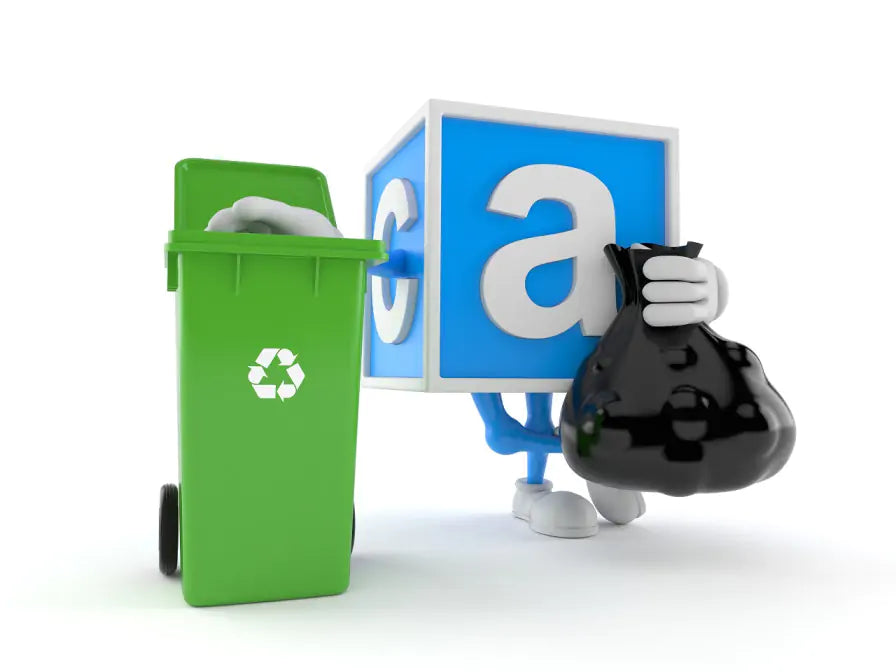OR
Express Checkout

In this series of blogs, we’re going to look at rubbish. From the good to the bad and downright ugly, we’ll be looking at everything you ever wanted to know, from A right down to Z.

The RSPCA gets around 5000 calls about litter causing harm to animals every single year, and these are just the animals that belong to someone or who are found; the actual figure might be much higher, as wild animals in rural areas or strays are often far from help.
How can litter harm animals?
When people drop litter, it’s not only harmful for the environment, it can put animals in danger. Here are how some commonly littered items can harm animals.
Plastic bags
Animals climb inside them and can get trapped and suffocate. They also try to eat them and can choke. Even if you’re disposing of plastic bags responsibly, tie them at the top so animals can’t get inside of them.
Plastic drinks can rings
Animals can get tangled up in these and they can cause some pretty nasty injuries. It’s a good idea to cut the rings up before you dispose of them.
Balloons
They might mean fun for us, but animals can try to eat them and can choke. Never let balloons float away as they can land many miles away where they can cause harm to animals. Deflate and cut up balloons before you bin them.
Chinese Lanterns
Chinese lanterns are very popular at weddings and other celebrations. They have a wire or bamboo frame and are covered with paper. They have an open flame heat source, which when lit, causes the lantern to float into the air where it can be carried for many miles until the flame is extinguished. Though you might think they’re very pretty, Chinese lanterns are terrible for animals and for the environment. Animals can ingest them, or get tangled up or trapped. The flame can also be a fire risk and can destroy grass and woodlands, especially in the warmer months.
Instead of using Chinese Lanterns at your celebration, why not use static lanterns or outdoor lights? They can be just as pretty but won’t cause harm to animals or the environment.
What else can you do about Chinese Lanterns?
Food and drinks containers and cans
Hungry animals can get trapped or injured in cans when they are looking for food. Always rinse containers out and crush cans before you dispose of them to stop animals from getting in.
Elastic bands
Yes, these seemingly harmless items can cause harm to smaller animals like birds who can get their beaks trapped or choke on them. Reuse your elastic bands and if you want to bin them, cut them up before you throw them away.
Fishing tackle
Fishing litter causes injury and death to wild animals like swans every year. According to the Environment Agency, 3000 swans are injured by fishing litter every year. Animals get caught up in line and hooks which can then pierce the skin or be swallowed.
Glass
Glass is a common cause of injury to animals, and they can also get trapped in items like jars. Always clean and recycle glass to prevent injury and harm.
What should you do if you find an injured animal?
The RSPCA suggests that you observe the animal to see if you can tell how badly hurt it is. If it’s possible, call a nearby vet or wildlife centre. When dealing with animals, especially wild ones, the RSPCA has this advice.